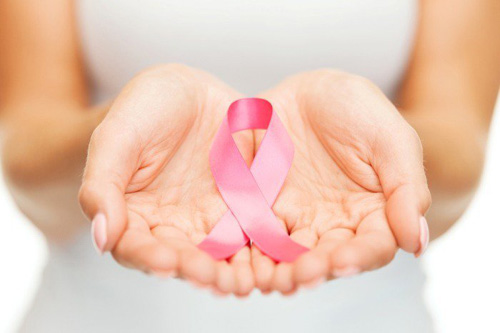Dr Kanchan Kaur
Women now a day’s do not want to talk about cancer, unless physical symptoms appear. A very few women will actually go for a screening or even talk about it. In India, women’s health especially in a middle class or lower class family is often the least priority.
In many cases women themselves do not think their health is important. Quick fix remedies are used to suppress the pain and symptoms. So a pre-emptive check for breast cancer is a taboo.
For spreading the awareness & to bust the myths Dr. Kanchan Kaur, Associate Director, Breast Oncoplastic Surgery , Medanta – The Medicity has listed down a few Do’s & Don’ts for Breast cancer.
Do’s
Tests for Screening
* Self-checks: Examining your breasts regularly to understand if there are any inconsistencies like lumps in the breast or armpit, change in shape of the nipple , blood stained or clear discharge from the nipple . Remember, majority of the time , pain is not a symptom of breast cancer.
* Mammograms: A mammogram is an x-ray of the breast that looks for changes that may be signs of breast cancer. Usually done on women over 40 years
* Ultrasounds: Breast ultrasound uses sound waves to make a computer picture of the inside of the breast.
* Breast contrast enhanced MRI : Women who are young and have a strong family history of breast cancer are recommended to undergo breast MRI
* Do increase the amount of fiber in your diet & Remember to drink more water while increasing fiber in your diet.
* What to eat
The thumb rule for a cancer prevention diet is to increase the quantity of fruits and salads and reduce or avoid the consumption of fats and processed foods.
Oils with healthy fatty acids and antioxidants: Mono-unsaturated fatty acids in cooking oils like rice bran oil, canola oil and olive oil are healthy. Ghee that is traditionally used in Indian households has great anti inflammatory properties and should be used in moderation.
Vegetables: WHO recommends consumption of at least 400 gm serving of vegetables a day . Consuming these in raw or salad form is more beneficial as it retains the nutrients.
Vegetables of the cruciferous family like cabbage and broccoli contain phyto-nutrients that are believed to have an anti cancer benefit.
Similarly dark green leafy vegetables such as spinach , bright coloured vegetables like tomatoes , carrots and beetroot are loaded with the antioxidant lycopene that protects against cancers.
Remember, the more colourful the vegetables on your plate of food everyday, the more protected you are against cancers.
Don’ts
What not to eat
Vegetable oils: Hydrogenated vegetable oils which are high in trans-fats increase the levels of oxidation in the body and are considered unhealthy for cancer patients.
Sugar and sweets: There has always been a debate on whether sugar increases the development and spread of cancer. There is a school of thought that believes that those who consume sweets and sugar in excess may increase their risk of development and recurrence of breast cancer. However, there is no definite scientific backing to this claim.
However we do know that sugar is nothing but empty calories which increases body weight, tilting the body-mass index for the worse and making it harder for the body to fight against breast cancer. So reduce your consumption of foods made with sugar.
Processed meat and red meat : Processed red meat and other type of meat containing preservatives may increase the levels of oxidation, boosting the growth of cancer cells. Limit your intake of processed and red meat as much as possible; prefer plant food instead.
High-fat dairy products : Many high-fat dairy products contain increased estrogen levels. Some cattle have higher levels of estrogenic hormones that are passed on to you through fat present in milk and milk products. Their consumption may strengthen the development of breast cancer, so choose low-fat or no-fat dairy products.
Alcohol: If you drink alcohol, limit your intake to one drink (not more than 5 ounces of wine or 12 ounces of beer) per day at the most. High amounts of alcohol make breast cancer more severe.
There are many myths related to breast cancer prevailing in the society . Women believe that family history is an important determinant of your risk. However 90% cases of breast cancer are not associated with a family history of cancer. Similarly there is a myth that breast cancer happens only in the elderly women, however the sad fact , particularly in India is that unlike the western countries where breast cancer peaks after the age of 45, in India ,a large number of cases are seen in the younger age groups (<45 years) .More than 80% of Indian patients are younger than 60 years of age.
Everyone is equally vulnerable. Understand what is normal and do not ignore any changes even if you are young. Consult your doctor immediately when you have the slightest doubt.
(The author is Associate Director-Medanta Breast Cancer Services-Gurugram)
Trending Now
E-Paper


